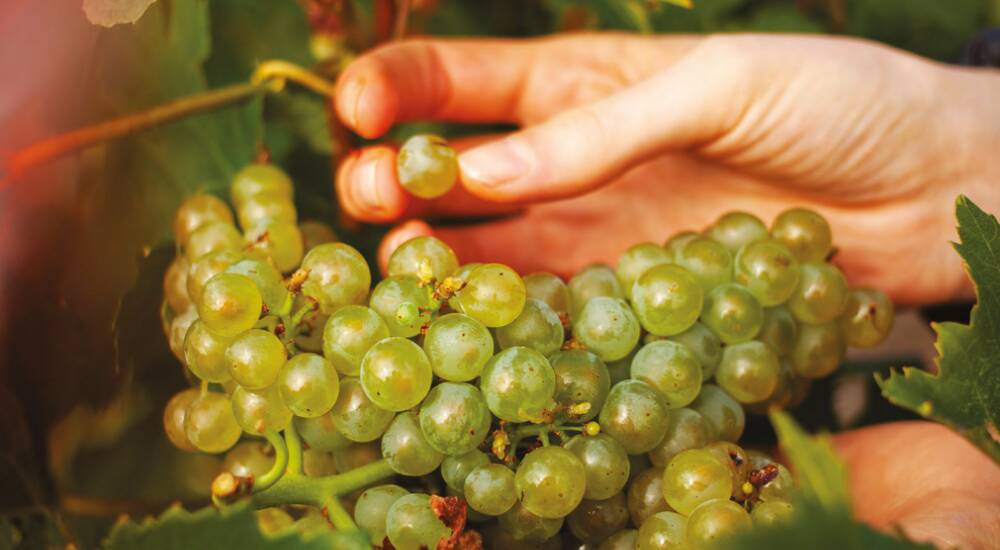
LVMH has for the first time published a consolidated report of its social and environmental commitments and initiatives. Opening with an editorial by Bernard Arnault, the report details the many initiatives that embody LVMH’s strong commitment to responsible growth against the backdrop of the global health crisis. This consolidated approach provides a clear overview of the Group’s actions and facilitates engagement with stakeholders.
Throughout this unprecedented year, LVMH once again demonstrated unfailing resolve, taking action with all the people of the Group to address a multitude of social and environmental challenges. As soon as the pandemic broke out, LVMH immediately joined the fight against Covid-19, producing hand sanitizer at Perfumes & Cosmetics Maisons, masks and gowns at Fashion & Leather Goods Maisons and importing over 40 million surgical masks, ventilators and blood tests that were given to public health authorities. All LVMH Maisons and teams joined this major effort in all the Group’s host countries, spanning a vast array of initiatives to support healthcare personnel, suppliers and non-profits.
At the same time the Group maintained its business activities while scrupulously ensuring the safety and well-being of its employees. They showed relentless resilience and solidarity to reinvent their approaches and maintain contacts with customers, partners and all our stakeholders.
Thanks to them, the Group was able to preserve its longstanding commitments, notably towards younger generations, who have been hit particularly hard by the crisis. A variety of actions helped young people continue to move forward with career plans thanks to multiple partnerships with schools and universities around the world led by the LVMH Human Resources team, as well as those with the Institut des Métiers d’Excellence LVMH. Equally important, support continued for populations in need, such as children with sickle cell anemia or people seeking reskilling opportunities.
The crisis spotlighted many instances of inequality and injustice. The tragedies that transpired during the year were both a reminder of the progress that remains to be achieved, and that actions often speak louder than words. Here too the LVMH Group took an array of actions, such as creating a Diversity and Inclusion department in the United States, joining the International Labor Organization Global Business and Disability Network, or the signature by Sephora in the United States of the “15% Pledge”, dedicating 15% of shelf space to brands from Black-owned businesses.
The Covid-19 crisis has also heightened expectations for better protection of the environment. As former Executive Secretary of the United Nations Framework Convention on Climate Change Christiana Figueres says, “We urgently need to learn to live in harmony with nature.” This view is wholeheartedly embraced by LVMH and its Environment Department, which focused on how the health crisis will impact the luxury industry throughout the year. Relations between humans and non-humans must radically change.
While protection of the environment has always been a priority for LVMH, the Group is now taking a major step forward with support from its Maisons to forge a new alliance between nature and creativity. This vision is articulated in LVMH’s new LIFE 360 environment program. This new iteration builds on the previous LIFE program, which culminated at the end of 2020 after having achieved the great majority of its targets.
LVMH has identified opportunities for progress in key areas, in particular regeneration of biodiversity, product circularity and reduction of Scope 3 emissions (transport and raw materials). What’s more, precise measurement of the Group’s carbon footprint and impact on water and diversity in 2020 have led to the articulation of key challenges.
Following extensive dialogue with LVMH Maisons, their early career professionals, students and the LVMH Science Committee, LIFE 360 sets precise targets for 2023, 2026 and 2030. This sets a course for creation of products that embody LVMH’s environmental ambition: create products in harmony with nature and which make a positive contribution to biodiversity and the climate, engaging all stakeholders.
The complete LIFE 360 program is detailed for the first time in the report on LVMH’s commitments, which also presents the many initiatives taken by the Group’s Maisons to protect and preserve the environment.
The social and environmental responsibility report concludes with an “Experts Section” dedicated to the Group’s social and environmental responsibility governance, social and environmental indicators, responsible sourcing policy and other significant metrics.
Read the 2020 Social and Environmental Responsibility report

